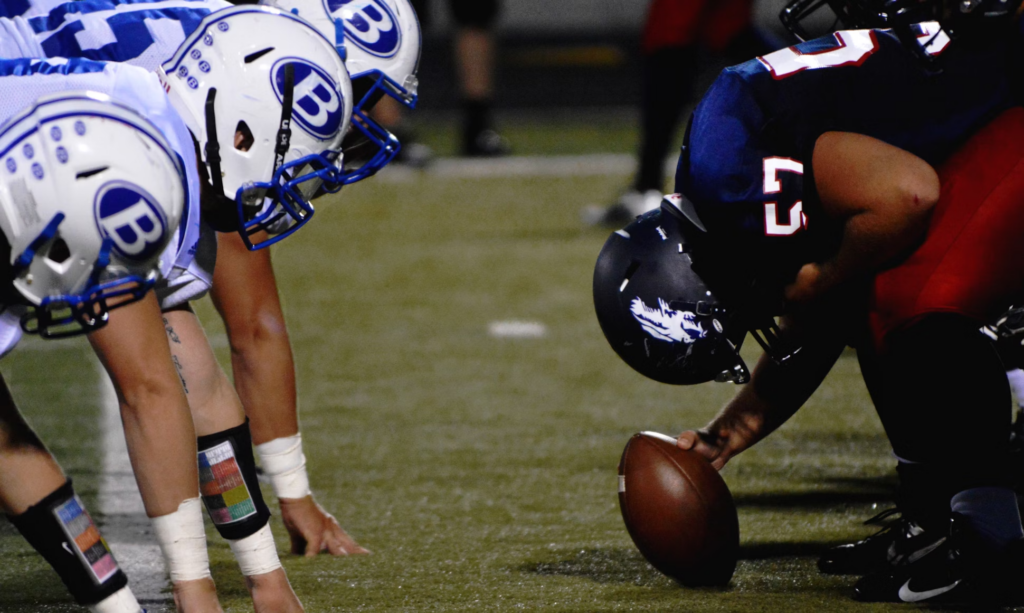
Dealing with failures might be challenging at times and it is especially so when it comes to a craft meant to serve as a way of living. Professional sport is indeed a psychologically tough realm where only a certain number of people get to savor the win. However, for those athletes experiencing a feeling of disappointment in their own self due lack of achievements or incurred injuries may traumatize one’s personality on a profound level. More than that, even a tiny slip like stumbling in rugby or a single wrong movement in soccer during the finals may bring up inadvertent changes in one’s career and success. All of these obstacles could be detrimental to their mental health, further leading to addictive behaviors such as betting as in the case of former professional athletes. So, if this is the case for you, do not hesitate to consult a licensed mental health professional or address rg.org to be more aware of what responsible gambling is.
In this article, we will delve into the subtleties of the psychology of athletic failures and how to navigate through them. We will outline steps and advice on improving one’s psychological well-being and shifting self-perception and if failure is truly what it is.
Cultural Influence of Understanding Failure and Tendency to Avoid It
In the western culture, we are biased to think that only the positive outcome is the one that leads to a fulfilling life. From a young age, we are taught to get intimidated by negative outcomes in any kind of performance due to a punitive reprimand from a teacher, coach or parent. Thus, we become conditioned to perceive success as the only path, ending up preoccupied in a constant flow of thoughts about our performance and therefore reinforcing avoidant behavioral patterns. What is more, this mentality pushes peers to compare themselves to each other, making their lives more outcome-oriented instead of truly enjoying each and every moment with an open heart.
However, it is not to state that athletic performance is not important at all. It is indeed, or we would never have had sports competitions in the first place. Yet what is profoundly critical to understand is what kind of mental habits one has in regards to competitiveness. This idea applies to both coaches, parents, teachers, as well as athletes themselves.
While high achievements are nice to have, it is equally vital to manage failures. What is meant by this is that failures may oftentimes be mere setbacks which might lay a foundation for success no one has ever seen before. Unfortunately, this blessing in disguise is often overlooked by those supervising their trainees, mentees, and students.
Failure as a Means of Resilience
Oftentimes, mindset is one of the key factors of success in sports. By Dr. Carol Dweck, an internationally renowned psychologist, defines it as an individual’s mindset as their set of beliefs around traits such as talent, intelligence, and ability. Thus, there were two mindsets elaborated in his work and known as a fixed mindset and growth mindset. The former is related to a person who believes that their ability and intelligence cannot be altered, constantly fears failure and avoids risks at all costs while negative feedback can only undermine their self-esteem.
The latter applies to individuals who perceive any outcome as a new and useful experience, not being intimidated by obstacles, and see any criticism as a tool for improvement without being too much focused on the outcomes themselves.
The growth mindset helps to cultivate resilience despite having the same kind of circumstances. So, are failures that bad at all?
Changing Inner Self-talk
Fortunately, mindset is a very malleable essence that could be developed in any direction. Therefore, it is crucial that we help younger generations to foster the right attitude towards failures and teach them how to perceive them as setbacks with the growth mindset.












